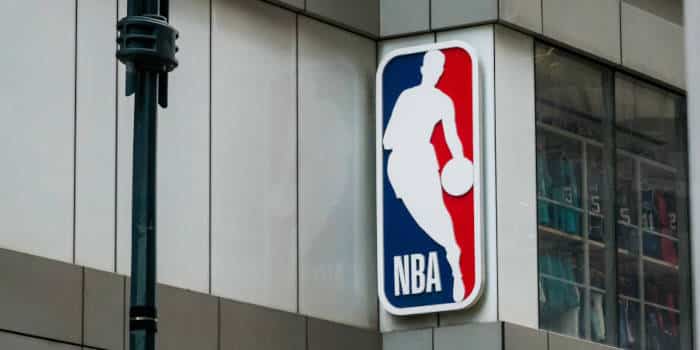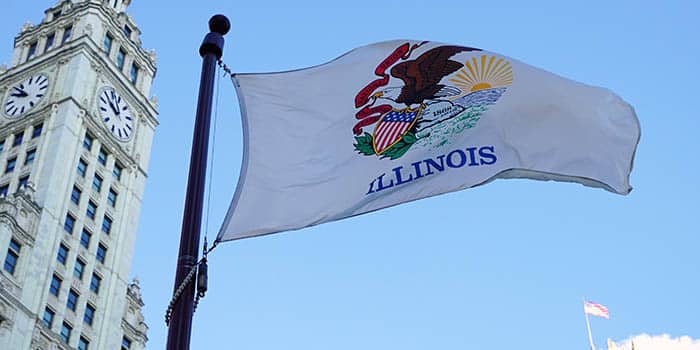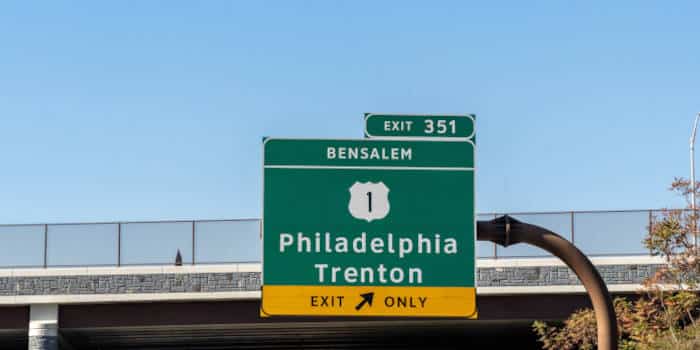- Casino
- By State
- Alabama
- Alaska
- Arizona
- Arkansas
- California
- Colorado
- Connecticut
- Delaware
- Georgia
- Florida
- Hawaii
- Idaho
- Illinois
- Indiana
- Iowa
- Kansas
- Kentucky
- Louisiana
- Maine
- Massachusetts
- Maryland
- Michigan
- Minnesota
- Mississippi
- Missouri
- Montana
- Nebraska
- Nevada
- New Hampshire
- New Jersey
- New Mexico
- New York
- North Carolina
- North Dakota
- Ohio
- Oklahoma
- Oregon
- Pennsylvania
- Rhode Island
- South Carolina
- South Dakota
- Tennessee
- Texas
- Utah
- Vermont
- Virginia
- Washington
- West Virginia
- Wisconsin
- Wyoming
- By State
- Slots
- Poker
- Sports
- Esports
Michigan Problem Gambling Specialists Speak on Online Gambling

As the state of Michigan continues to drive solid tax revenue from its online gambling industry, some experts have cautioned that calls to helplines are increasing.
Problem Gambling in Michigan, Is It on the Rise?
Michigan enjoys a good amount of interest in its interactive wagering market since the industry was given an official go-ahead to launch in January this year. With sports returning and betting fully licensed in the Great Lake State, problem gambling has once again been brought up as a potential issue, reflecting the findings of a study put forward by the National Council on Problem Gambling (NCPG).
According to Steven Booker, a certified gambling expert who operates the Christian Counselling Services, trouble is imminent. Speaking to Mlive, a local media outlet, Booker predicted that the state is going to have to deal with a mess, referring to the number of cases of problem gambling.
Booker is outright pessimistic of the way problem gambling is addressed in general and cited the increase in calls placed to the Michigan Problem Gambling Helpline, which doubled in 2021, reaching 563 compared to 213 in 2020.
However, his claim that the state is “failing to address the issue” because “they only care about money” is still not backed by actual fact. While calls may have risen because of the greater availability of products, this doesn’t mean that the number of problem gamblers has.
The state has already collected $36 million from online gambling taxes, with another $188 million expected by the end of the year, and more revenue has been collected from in-person gambling at Detroit’s casinos.
Is Problem Gambling Budget Underfunded?
The debate on what an adequate amount of the budget would be to help address problem gambling is one that has gone on for a while now. Admittedly, the rates allocated to problem gambling have been small in comparison to tax revenue allocated to most states’ general funds, for example.
In New Jersey and Nevada, the budget allocated to treat and prevent problem gambling hovers around $350,000 annually, whereas Michigan’s fund has $5 million to work with annually, which is significantly more than the two other states that are more or less considered the heartlands of the nation’s gambling industry.
This is confirmed by Neva Pryor, who is the Council on Compulsive Gambling director in New Jersey. According to her, the Council is struggling to raise awareness because operators’ heftier budgets allow them to continually launch promotional materials featuring free sign-up money, celebrities endorsing their products, and more.
Mlive has reached out to more industry experts and social workers who are trying to address what they see as a “ticking bomb.”
Treating Services Are Available, Just Boost Awareness
The fear that the availability of sports gambling products has driven a higher incidence of problem behavior has been confirmed by Diane Dart-Baden, a Michigan psychologist who spoke to the outlet and said that the number of advertisements online has increased.
Meanwhile, Alia Lucas, a specialist at the Michigan Department of Health and Human Services, has argued that online gambling and sports betting are new, but gambling disorder isn’t. In light of this, addressing and treating the issue isn’t so much the problem as is reaching the people who need help, Lucas explained.
One of the options is for help services to respond in kind and boost their own advertisement to make more people aware of the availability of help resources, which should already be available as part of the operator’s advertising messages.
“Online gambling and sports betting has not been in circulation long enough for us to be able to identify markers that may be able to tell us what do we need to change,” Lucas argued. According to Booker, the accessibility to online gambling is making it easier for pathological gamblers to access gambling.
Concerns about rising levels of gambling and addictions are well justified, but the data to go on is still a little scarce. Michigan has one of the most generous budgets for addressing the issue, and time will show what changes need to be made.
Luke is a media graduate who is looking to build upon his experiences from his strong love of sports betting and casino games which started during his first year of college. His fresh mindset always brings new content ideas to the team and his editorial skills will continue to grow with the help of the upper management team at Gambling News.
Must Read
More Articles





Casino
June 30, 2025
Wynn COO Vows Change Amid Ongoing Regulatory Pressure

Casino
June 30, 2025
Man Admits to Laundering Cocaine Money Through Casinos

Industry
June 27, 2025
Las Vegas Sphere Bashed for Charging $170 for Pizza

Casino
June 27, 2025
MGM Yonkers Files $2.3B New York Casino License Bid











